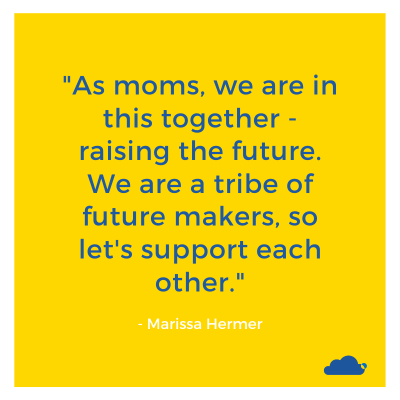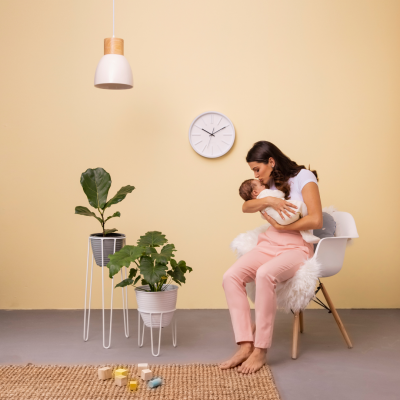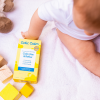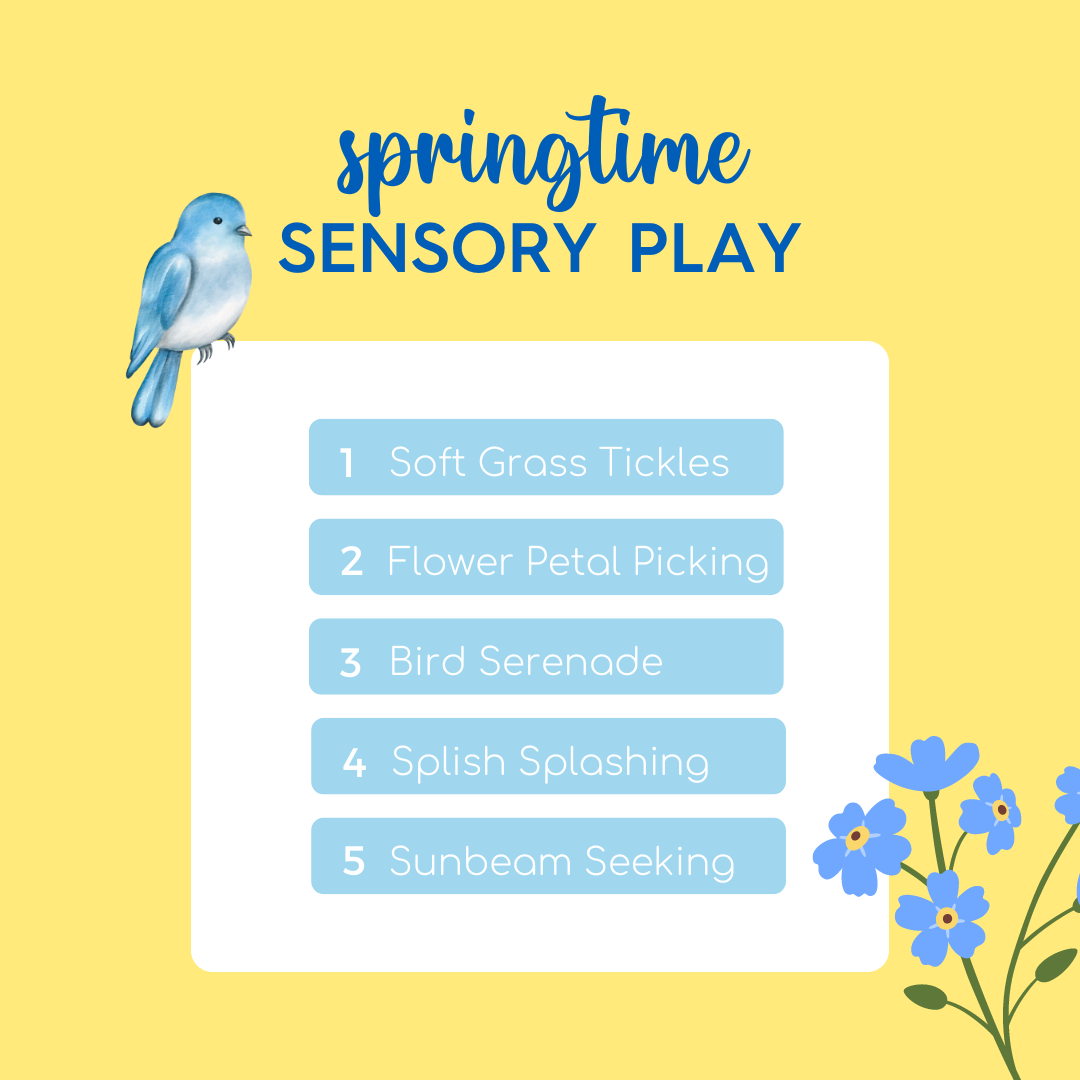Teaching Gratitude to Toddlers: A Heartfelt Lesson for Little Ones

As parents, one of our most cherished goals is to raise kind, compassionate, and grateful children. Gratitude is a powerful emotion that can lead to a happier and more fulfilling life. It's a quality we want our kids to possess from an early age. While teaching gratitude to toddlers may seem like a challenging task, it's absolutely possible and incredibly rewarding. Read on as we explore some practical tips and strategies to instill this valuable virtue in your little ones.
Be a Gratitude Role Model
Children learn by example, so the first step in teaching gratitude is to embody it in your own life. Express your own gratitude openly and regularly. Say "thank you" to your spouse, friends, and children when they do something thoughtful. Model appreciation for everyday blessings, like a beautiful sunset or a delicious meal. Your children will pick up on your cues and internalize the importance of gratitude.
Use Simple Language
Toddlers have limited vocabulary and comprehension skills, so it's crucial to use simple language when discussing gratitude. Use phrases like "Thank you for..." and "I'm grateful for..." when talking about the things you appreciate. Encourage your child to use these phrases as well. For example, "Can you say 'thank you' to Grandma for the cookies?"
Create a Gratitude Journal
A gratitude journal is an excellent tool to introduce gratitude to toddlers. Use pictures or simple drawings to help them express what they are thankful for. You can create a journal together by pasting pictures or using stickers to represent these things. This visual approach makes gratitude tangible and fun.
Show Empathy
Teach your child empathy by helping them understand the feelings of others. When someone does something kind for them, ask your child how it made them feel. Then, help them understand that others feel the same way when they receive acts of kindness. This can cultivate empathy and a sense of reciprocity, reinforcing gratitude.
Give Back
Engage in simple acts of kindness and generosity with your toddler. This could include baking cookies for a neighbor, donating toys they no longer use, or helping to feed the family pet. By involving them in acts of giving, you teach them the joy of sharing and the impact of their actions on others.
Encourage Thank-You Notes
Even at a young age, your child can start sending thank-you notes or drawings to express their gratitude. Help them create these notes when they receive gifts or acts of kindness. It's a meaningful way to show appreciation and also helps with fine motor skills and creativity.
Practice Mindfulness
Teaching mindfulness to toddlers can help them become more aware of their surroundings and the things they have to be grateful for. Simple mindfulness exercises, like deep breathing or paying attention to the colors and shapes around them, can help them appreciate the present moment.
Be Patient
Remember that teaching gratitude is an ongoing process. Be patient with your toddler as they learn and develop this important skill. Correct them gently when they forget to say thank you, and use those moments as opportunities for learning and growth.
Teaching gratitude to toddlers is a priceless gift that will benefit them throughout their lives. By modeling gratitude, using simple language, creating visual aids, and encouraging acts of kindness, you can help your child develop this essential virtue. Remember that the journey to gratitude is a lifelong one, and your consistent efforts will lay the foundation for a happier and more appreciative future for your little one.
 Canada
Canada South Africa
South Africa UK
UK EU & Int
EU & Int Ireland
Ireland Australia
Australia Brazil
Brazil New Zealand
New Zealand


















Comments